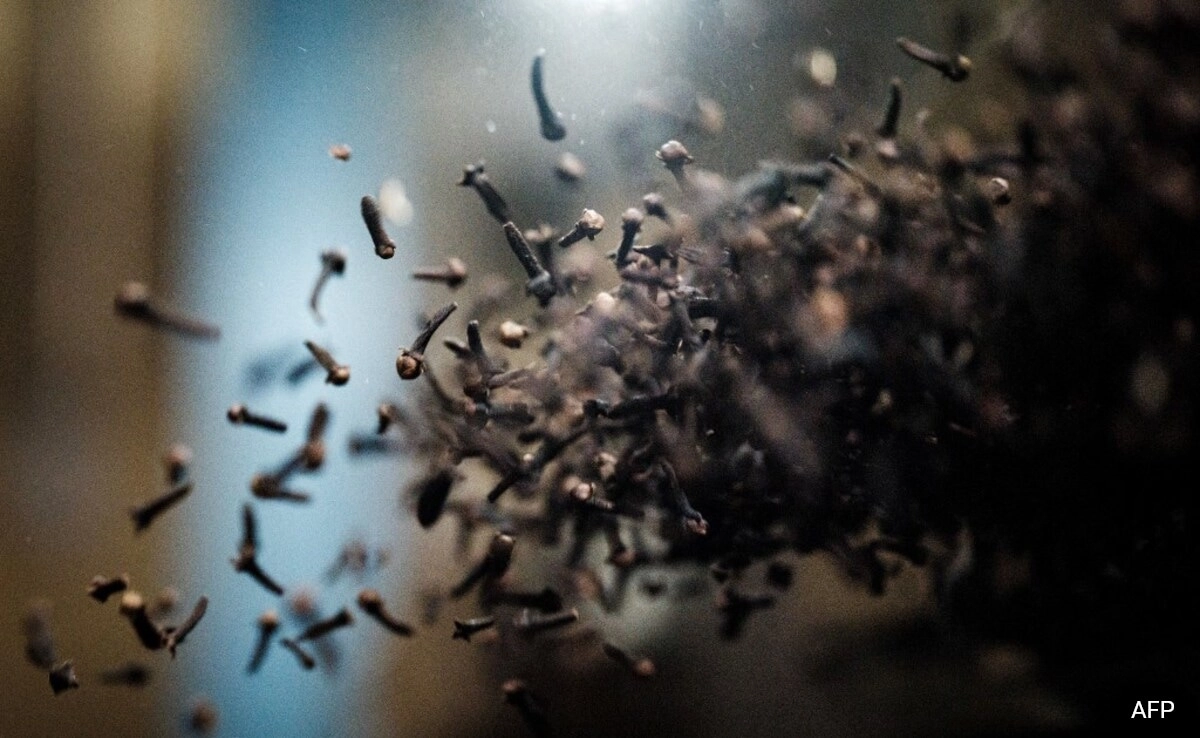Climate change poses a significant threat to Indonesia’s historic clove farms, which have long been integral to the nation’s economy and cultural heritage. These farms, primarily located in the Maluku Islands, are not only a source of livelihood for many farmers but also play a crucial role in the global spice market. However, rising temperatures, shifting rainfall patterns, and increased frequency of extreme weather events are disrupting the delicate ecosystems that support clove cultivation. As a result, farmers are facing challenges in maintaining their crops, which could lead to reduced yields and potentially jeopardize their livelihoods.
The impact of climate change on clove farming is multifaceted. Higher temperatures can lead to increased evaporation and reduced soil moisture, affecting clove trees’ growth and productivity. Additionally, erratic rainfall patterns can cause either drought or excessive rainfall, both of which are detrimental to clove crops. Farmers are already reporting declines in quality and quantity of their harvests, which can have cascading effects on local economies that rely heavily on the spice trade. The historical significance of cloves in Indonesian culture, once a symbol of wealth and status, is now threatened as traditional farming practices become less viable.
In response to these challenges, some farmers are exploring adaptive strategies to mitigate the impacts of climate change. This includes diversifying their crops, adopting more resilient agricultural practices, and utilizing technology for better weather forecasting. However, these solutions require investment and support from both the government and non-governmental organizations. By providing resources and education, stakeholders can help farmers transition to more sustainable practices that not only safeguard their livelihoods but also protect the unique biodiversity of Indonesia’s clove-producing regions.
Overall, the situation underscores the urgent need for comprehensive climate action that addresses the specific vulnerabilities of agricultural sectors. Protecting Indonesia’s historic clove farms is not just about preserving a traditional crop; it is about ensuring food security, supporting rural economies, and maintaining cultural heritage in the face of a changing climate. As the world increasingly grapples with climate-related challenges, the resilience of Indonesia’s clove farms will depend on both local adaptations and global efforts to combat climate change.




